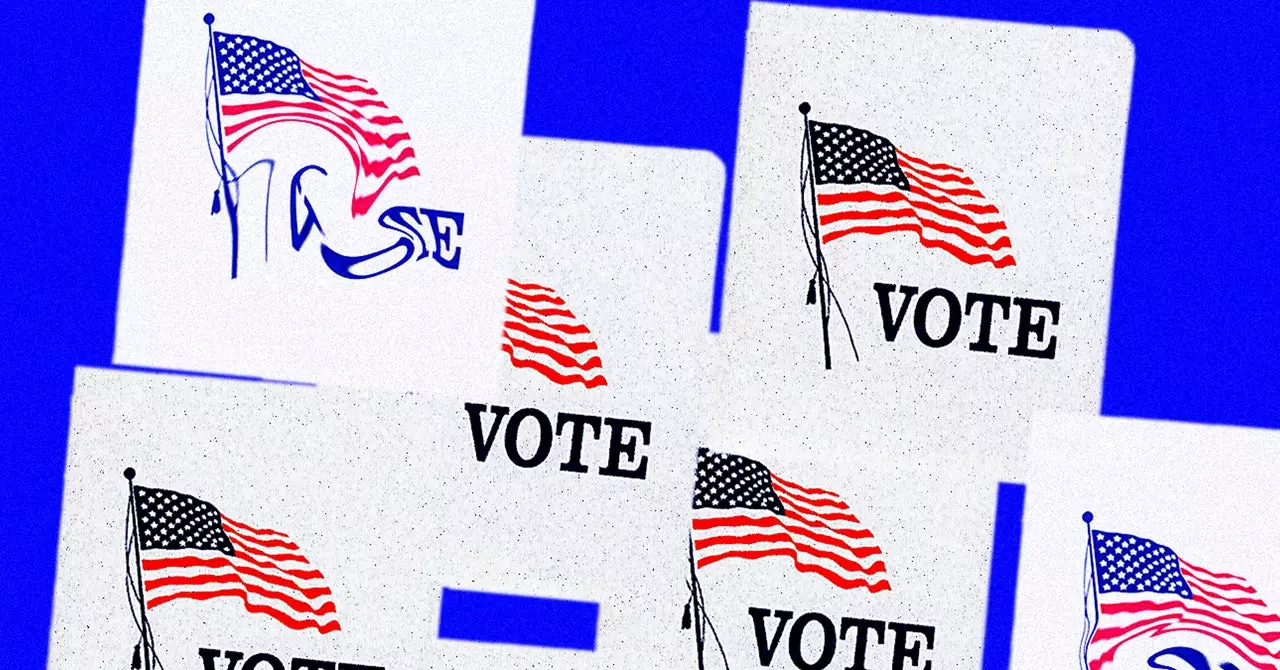The use of AI tools such as BattlegroundAI in political messaging raises concerns about the accuracy of the generated content. While these generative AI tools have the capability to produce content efficiently, there is a risk of them “hallucinating” or fabricating information. Despite the potential for misinformation, Hutchinson emphasizes that the content generated by BattlegroundAI is not automated. She highlights that human review and approval are essential components before the content is disseminated. This approach aims to mitigate the risks associated with inaccuracies in political messaging.
Addressing Ethical Concerns
As AI companies continue to develop tools that automate the creation of political content, ethical considerations come to the forefront. Critics argue that training AI models on art, writing, and creative works without explicit consent raises ethical red flags. Hutchinson acknowledges these concerns and advocates for dialogue with policymakers and elected officials regarding the ethical implications of AI in political messaging. She emphasizes the importance of transparency and accountability in the development and deployment of AI technologies for political purposes.
The debate intensifies around the sources of data used to train AI language models like BattlegroundAI. Hutchinson entertains the idea of utilizing only public domain or licensed data to address concerns about data privacy and intellectual property rights. By incorporating diverse and validated data sets, AI models can enhance the quality and reliability of the generated content. The goal is to provide users with consistent results and accurate information while upholding ethical standards in political communication.
Hutchinson defends the role of AI in political messaging as a tool to streamline repetitive tasks and ease the burden on campaign teams. She rejects the notion of AI replacing human labor and instead positions it as a means to enhance efficiency and creativity. By automating mundane tasks like ad copywriting, AI enables campaign teams to focus on strategic decision-making and voter engagement. Political strategist Taylor Coots praises the sophistication of BattlegroundAI in identifying target voter groups and tailoring messaging for maximum impact in resource-constrained environments.
While AI holds promise for improving campaign efficiency and outreach, concerns linger about public trust in AI-generated political content. Professor Peter Loge raises questions about the impact of AI on public perception and the authenticity of political messaging. The proliferation of generative AI technology may exacerbate existing levels of cynicism and skepticism among voters. The challenge lies in striking a balance between leveraging AI for operational efficiencies and preserving public trust in political communication.
The ethical implications of AI in political messaging underscore the need for transparency, accountability, and informed discourse. As AI continues to reshape the landscape of political communication, stakeholders must engage in meaningful dialogue to address the ethical concerns surrounding the use of AI tools. By prioritizing accuracy, ethical data training practices, and public trust, AI can serve as a valuable complement to human labor in political campaigns. The future of AI in political messaging hinges on ethical decision-making and responsible deployment to uphold the integrity of democratic processes.

